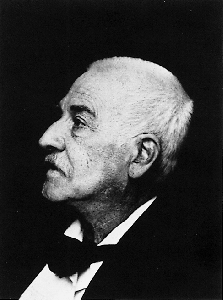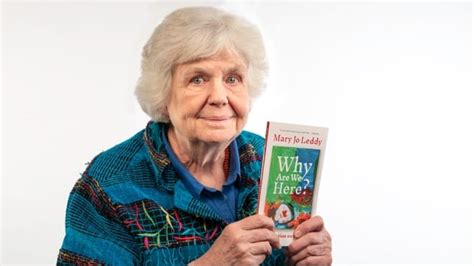A Quote by Dean Spade
Power is not a matter of one dominant individual or institutions, but instead manifests in interconnected, contradictory sites where regimes of knowledge and practice circulate and take hold. This way of understanding the dispersion of power helps us realize that power is not simply about certain individuals being targeted for death or exclusion by a ruler, but instead about the creation of norms that distribute vulnerability and security.
Quote Topics
Related Quotes
Love is power, the purest power and the greatest power: Love is God. Nothing can be higher than that. But this power is not a desire to enslave others, this power is not a destructive force. This power is the very source of creation. This power is creativity. And this power will transform you totally into a new being. It has no concern with anybody. Its whole concern is to bring your seeds to their ultimate flowering.
Inquiry appears to be a process of thinking, but actually it's a way to undo thinking. Thoughts lose their power over us when we realize that they simply appear in the mind. They're not personal. Through The Work, instead of escaping or suppressing our
thoughts, we learn to meet them with unconditional love and understanding.
Those who have power a) understand that the world is not always a just and fair place and accept that fact, b) understand the bases and strategies for acquiring power, and c) take actions consistent with their knowledge in a skillful way. Skill at anything requires practice, and power skills are no different.
Every device employed to bolster individual freedom must have as its chief purpose the impairment of the absoluteness of power. The indications are that such an impairment is brought about not by strengthening the individual and pitting him against the possessors of power, but by distributing and diversifying power and pitting one category or unit of power against the other. Where power is one, the defeated individual, however strong and resourceful, can have no refuge and no recourse.
The seventeenth century is everywhere a time in which the state's power over everything individual increases, whether that power be in absolutist hands or may be considered the result of a contract, etc. People begin to dispute the sacred right of the individual ruler or authority without being aware that at the same time they are playing into the hands of a colossal state power.
Politics is about power. It is about the power of the state. It is about the power of the state as applied to individuals, the society in which they live and the economy in which they work. Most critically, our responsibility in this parliament is how that power is used: whether it is used for the benefit of the few or the many.
We should not be content to say that power has a need for such-and-such a discovery, such-and-such a form of knowledge, but we should add that the exercise of power itself creates and causes to emerge new objects of knowledge and accumulates new bodies of information. ... The exercise of power perpetually creates knowledge and, conversely, knowledge constantly induces effects of power. ... It is not possible for power to be exercised without knowledge, it is impossible for knowledge not to engender power.
Power to the people' can only
be put into practice when the power exercised by social elites is
dissolved into the people. Each individual can then take control of
his daily life. If 'Power to the people' means nothing more than
power to the 'leaders' of the people, then the people remain an
undifferentiated, manipulatable mass, as powerless after the revolution as they were before. In the last analysis, the people can never
have power until they disappear as a 'people.




































